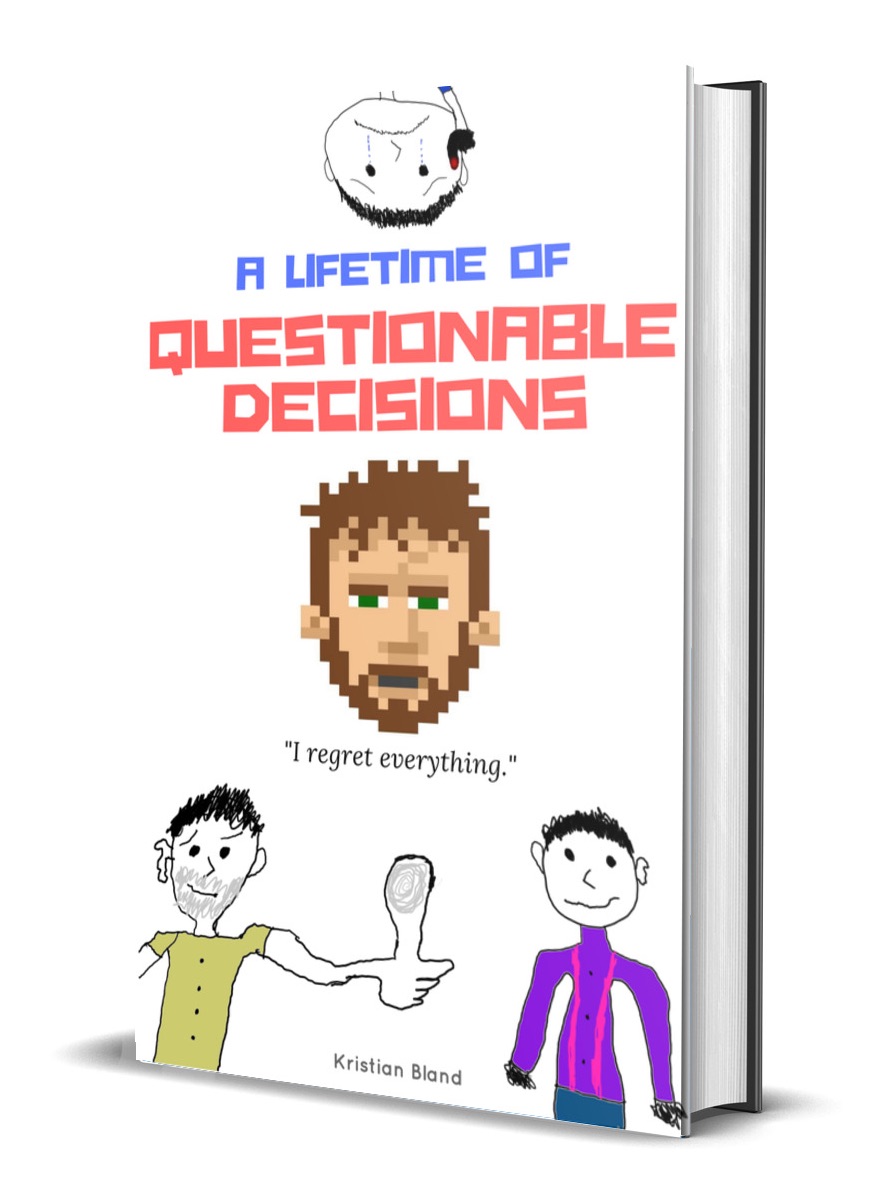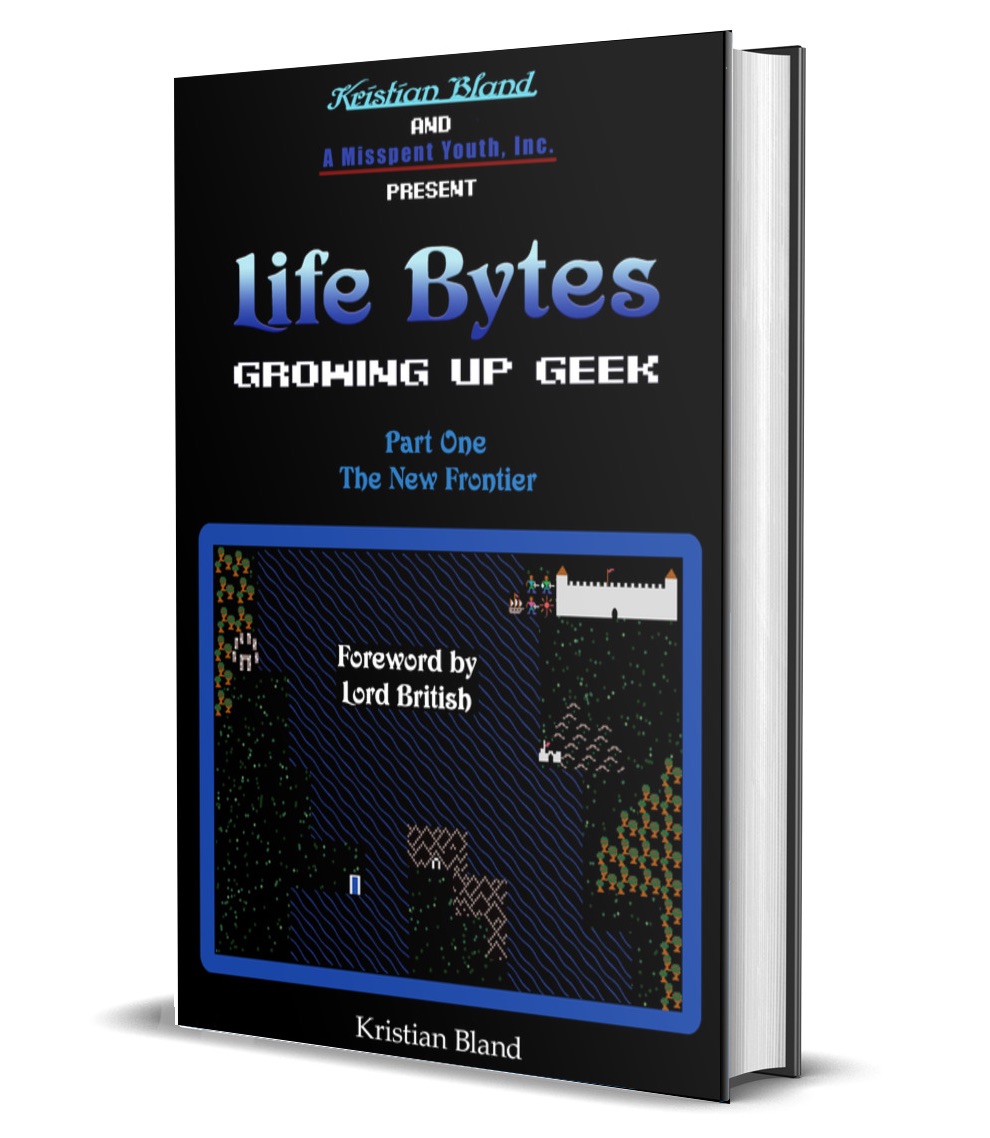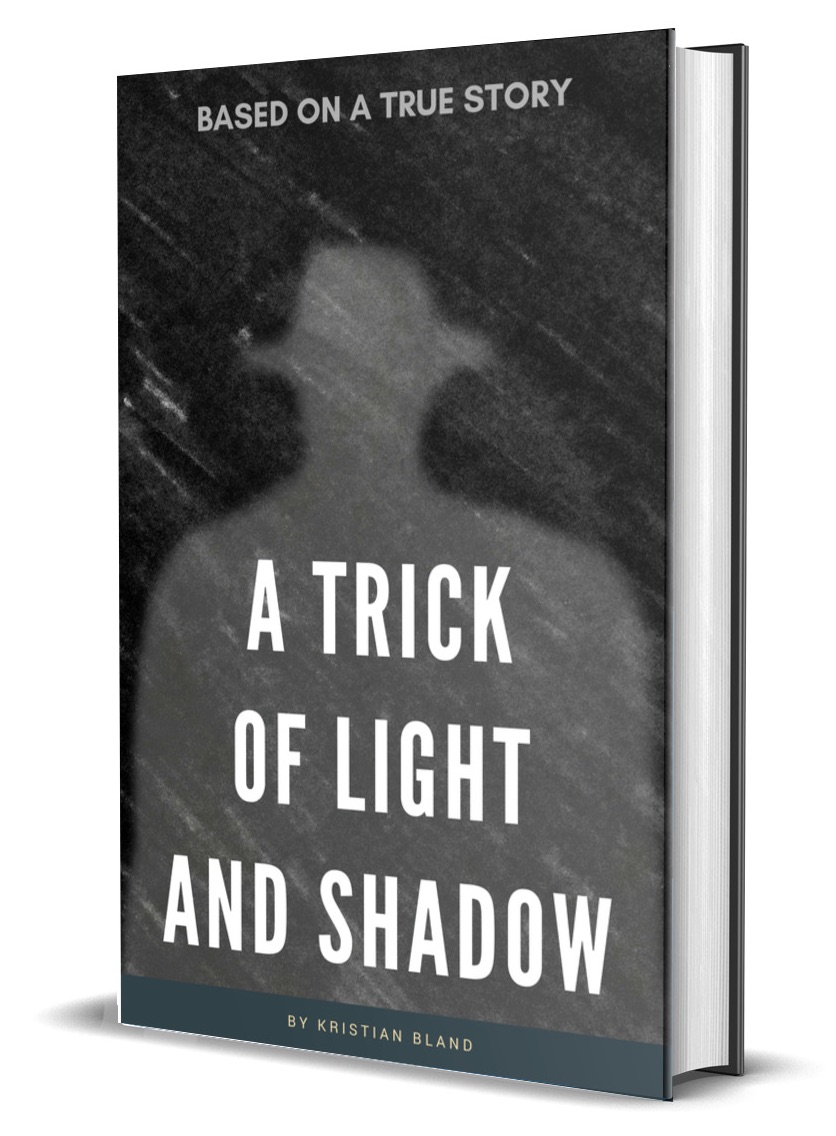Posted on August 27, 2023
How to Become an Influencer
When I came across this Instagram post from litquidity, I couldn’t resist talking about some nonsense. To be fair, I don’t often talk about anything other than nonsense, but whatever. I do me, you do you.
Anyway, it seems like everyone wants to make themselves into a brand these days. It’s not enough to just go about your life, doing whatever it is you do and finding your own way in the world anymore – you need to develop a personal brand and become an influencer along the way. Because we’re all just Cheetos in Hasbro’s Coca-Cola edition of Disney’s Game of Life or something. I dunno, pick a corporate metaphor.
Become a content creator and market yourself to grow into a really real influencer people look up to and aspire to become. Get lots of likes and shares and followers – validate your existence through social metrics and all of your wildest dreams will come true.
Or something like that anyway. Except it’s all bullshit.
While it’s true that some people become influential through merit and hard work, it’s a whole lot easier to just buy your way to the illusion of success. It’s becoming increasingly common, especially for the fake-it-till-you-make-it crowd. An entire industry has grown around the idea of helping nobodies become internet-somebodies, and companies that specialize in creating influencers generally do a pretty good job at it.
As long as you have the money.
How to Become an Influencer
- Have money
- Pay someone to create your content for you
- Pay to get that content published in pay-to-play media
- Pay more to get it featured/boosted/highlighted
- Pay to buy fake followers and fake likes/shares/comments
- Pay other influencers to plug your personal brand
- Pay to finance as much additional media coverage as possible
- Repeat until you either fool everyone or run out of money, whichever comes first
See? There’s nothing to it. You don’t actually need to be experienced or talented in any way, as long as you can afford to pay enough to get someone else to make it seem like you are. You don’t have to stop there, though. Depending on your budget, you can do all sorts of things to make your fake success seem legit.
Pay a ghostwriter to write a book for you – it doesn’t even have to be anything special. Your average, run-of-the-mill self-help book is a great start. You can fill it with bog standard advice and meaningless platitudes you’ve cribbed from a lifetime spent imitating other people, and as long as you can afford to buy up enough copies to make it onto a few best-seller lists, it won’t even matter that you’re not actually providing anything of value to anyone. People will just assume you’re saying something worth listening to if you’re on a best-seller list, and the success will just snowball from there.
You can also buy your way onto the talk show circuit, if you’ve got the cash. Pay to get on as many shows as you can, plug the book you paid to have written, and the show will plug your social media for you. It’s like compounding interest, but with clicks and shares.
If you have serious money, you can even finance your own reality show and get it distributed somewhere. Streaming services are hungry for content and have no qualms about pay-to-play when it comes to adding your content to their roster, especially if it doesn’t really cost them anything.
You could also try finding a TEDx event in your area or somewhere nearby and get yourself on the list of presenters. It’s not hard. TEDx isn’t at all exclusive, you don’t need to be an actual expert at anything, and the list of qualifications is exactly zero requirements long. The fun part is most people don’t distinguish between TEDx events and actual TED Talks, so you’ll seem perfectly legitimate to a wide audience. Pay someone to write your presentation and design your PowerPoint slides, then all you have to do is show up and read from the teleprompter. Instant legitimacy!
This dude is a pretty good example of what I’m talking about. You might’ve seen him on TikTok recently, singing about how he feels no holes because he’s a rectangle or something. I dunno, your guess is as good as mine.
Now what makes him special? Well, he’s also the CEO of a company called Treefrog, where his bio is something to behold. At roughly 2,000 self-infatuated words long, it’s giving Pick Me Girl and Michael Scott energy at the same time. But he doesn’t stop there. Remember what I said about TEDx a minute ago?
Well, there you go. Now you know what an entrepreneur is, so you’ve got that going for you.
This man oozes desperation, but he’s got money that someone out there was perfectly happy to take to help transform him into what I’m sure he considers a media sensation. And that’s really all there is to the scam.
Have money. Pay people to make things, then pay to have those things “published” and boosted all over the place. With enough exposure, you’ll be able to convince plenty of people that you know what you’re talking about.
Remember this guy?
Yeah, he’s still at it. He also has a TEDx talk because of course he does.
And this is all before even touching the complete shitshow that is LinkedIn. People like to give social media like Instagram a bad rap for being fake, but that’s only because they’ve probably never been on LinkedIn. Nothing there is real in the slightest.
There’s an entire subreddit devoted to r/linkedinlunatics because the content to keep it going never stops flowing. LinkedIn is a place where phonies go to inspire other phonies and talentless hacks motivate their employees to click like and share on anything they post. There’s a constant barrage of techbro and influencer newsletters that are always announced as “HOT OFF THE PRESS!” for some reason, and they cover everything from AI hype to how to get followers and seem cool at parties. Then there are carousels and slideshows and videos, and the list of copycat gimmicks just keeps on growing.
Of course, they’re all posted by super influential people you’ve never actually heard of before because their influence is entirely fake. They just run the same scam as everyone else – have money, buy followers, pay for content and pay to publish it – and since LinkedIn is a giant C-suite circlejerk, they interpret the inevitable likes and shares as validation, despite everyone only interacting with other people’s content in the hopes that they’ll reciprocate and interact with theirs. It’s just how LinkedIn works. Don’t believe me? There are tons of LinkedIn influencers who will be happy to sell you a zillion-dollar course that’ll tell you the same thing. Just ask them! (Money up front, though.)
Speaking of LinkedIn, have you ever looked at someone’s profile and noticed that they’ve listed themselves as a “contributor” or “columnist” for a bunch of influential magazines that seem entirely legit? People stick them in their Experience section so it looks like they’ve actually worked for or sold articles to wherever. Yeah, that’s a scam too. Chances are, none of those publications have ever paid them to write a single word. It’s usually the other way around.
Most of the major publications most popular in the business world have programs that people can apply for and pay a membership fee to join – after which, they’re free to write articles that will be “published” by the magazine. To the average reader, it’ll look like they write for the publication, that their thoughts and opinions are valuable enough to Important Sounding Magazine that the publisher has sought them out specifically, and now they’re a featured columnist/contributor. How exciting!
The foundational rule of being a professional writer is called Yog’s Law, and all it says is that money always flows toward the writer. If you write something that someone is willing to pay you for, you’re a writer. But if you have to pay anyone to publish anything, you’re just playing make-believe. And paying for the privilege.
The publications themselves aren’t really scamming anyone, though. Not technically. They tend to indicate when an article is written for one of their fee-based programs (usually branded as some kind of expert council or forum), but readers don’t often pay very close attention to the fine print – which is what the people calling themselves “columnists” and “contributors” bank on.
Now, with the rise of Generative AI like ChatGPT, it’s easier than ever to become a “writer” despite having no knowledge, experience, or talent at writing. You don’t even need to pay a ghostwriter anymore. Sure, Artificial Intelligence Doesn’t Exist, Actually and all the robots are capable of producing are basic, flat, lifeless articles that often contain made-up “facts” with hallucinated “sources” – but hey, it’s cheap. So there’s that.

All of this is not to say that you can’t find the occasional worthwhile needle amongst the haystack of nonsense, but there’s just so much of it out there that sifting through it all to distinguish the real from the fake can be exhausting.
My advice would be to just not bother. The dirty little secret of the publishing world is that no one really pays attention to bylines anyway. Nobody who finds your article through a search is going to care about who wrote it. Which is, I guess, where social media comes in because at least people will have an idea that your self-promotion is promoting yourself, but I’ve always found that the least appealing part of creating anything.
Then again, I’m probably just an outlier. I don’t want to be recognized, I feel all kinds of awkward on the rare occasion that I am, and I’d much rather just stay fairly anonymous behind my pixel avatar and whatever name I’m using to publish under. If I’m writing for myself, it’ll always be my actual name – but I write a lot of other stuff too, and I don’t want to draw attention to anything that isn’t 100% me.
I don’t think most people want to be genuine, though. Not really. They may think they do, and they’ll probably get a bunch of articles ghostwritten that talk about how important it is to be your authentic self or whatever, but if social media has taught us anything, it’s that people are only ever as authentic as they need to be to get the clicks. Everything is curated, sanitized, and romanticized until it meets presentable standards, and only when it’s ready does it ever go online and out into the world.
Which is especially true for LinkedIn, where everything is fake and nothing is ever real.
I don’t treat my LinkedIn any differently than other social media because it’s not worth faking my life for. I don’t treat it as an extension of my resume, I don’t use it for networking, and I’m far from whatever “being professional” is supposed to mean. I post silly jokes and goofy rants and sometimes recipes, and I’m fine with that. LinkedIn is so far removed from any kind of reality that I can only laugh at anyone who takes any of it seriously. Nobody is ever going to look at my LinkedIn profile and be like, omg the insights! I must hire this person immediately! (And the kind of employer that would isn’t the type of company I’d want to work for.)
If you want to provide anyone with anything of actual value, you need to be real and be yourself. While there’s nothing inherently wrong with enlisting the aid of a ghostwriter, you’d be better off working with a seasoned editor who could take something you’ve written and actually help you develop your own voice to produce content people genuinely want to read and articles that publishers will happily pay you to write.
As long as you’re paying other people to do the work and then paying someone else to publish it, you’ll never have a true voice, and you’ll never say anything worth listening to. Your voice needs to be your voice, and it can take years to develop one that’s genuine and not some sanitized version an agency would create or that your PR department would approve of. Being authentic to your audience means being authentic to yourself first, but that’s not something most people are very comfortable doing.
Authenticity requires true self-reflection, unflinching self-analysis, and harsh self-criticism, along with the courage to show all your jagged edges to the world – and I’m here to tell you, kids, that ain’t always an easy thing to do.
But you know what is easy? Money.
Well, money makes things easier, anyway. With enough money, you never actually have to become whatever it is you’re pretending to be. Just keep faking it and you’ll eventually look like you’ve made it.
As long as the money doesn’t run out.








You must be logged in to post a comment.